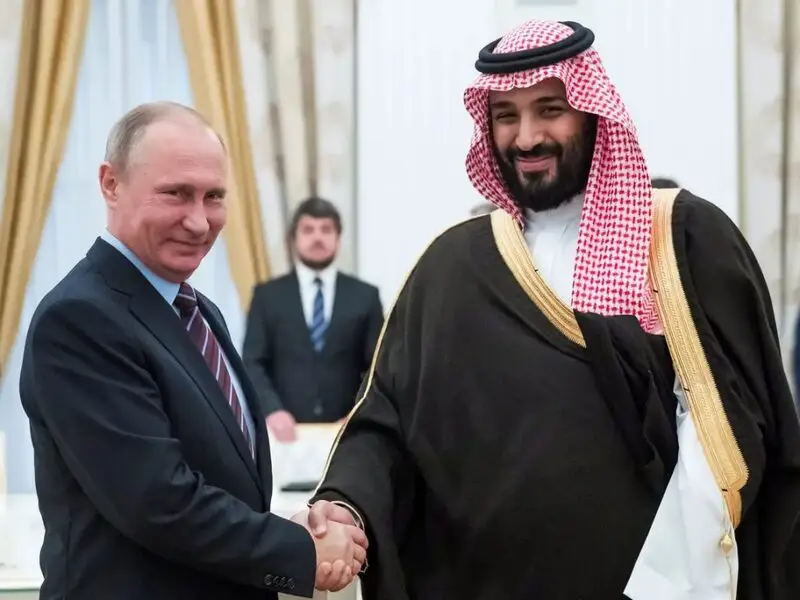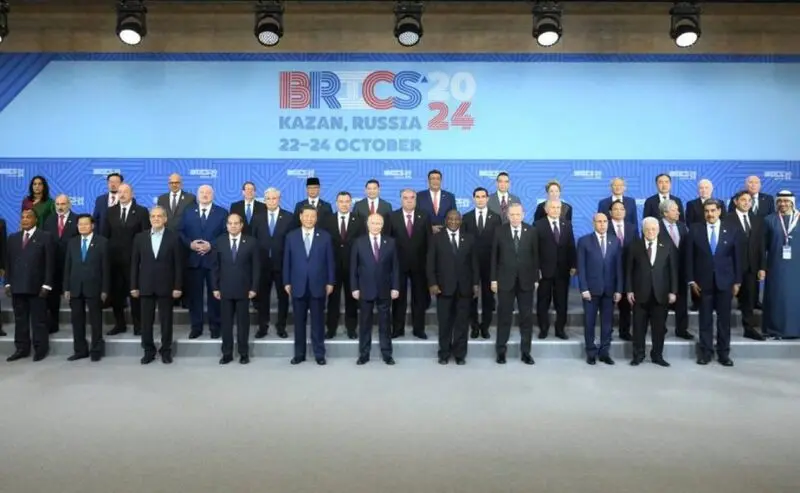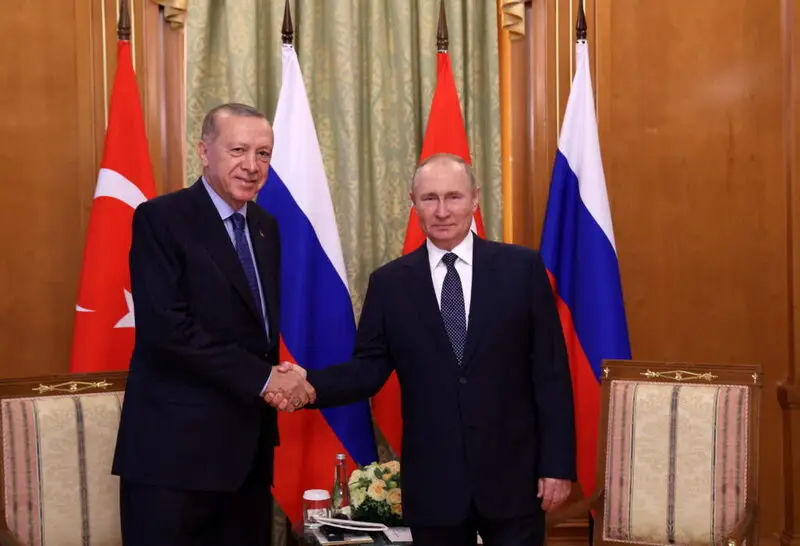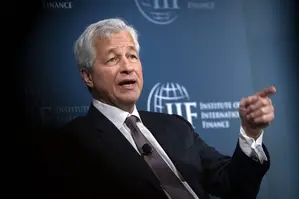In what is an interesting development for the BRICS group, Turkey has joined Saudi Arabia as two nations backtrack on their interest in the economic alliance. Indeed, the country had spent most of the year exploring potential memberships into the group. However, its participation failed to be realized with 2025 fast approaching.
Saudi Arabia had a very similar story that took place last year. The nation accepted an invitation to the group at its 2023 annual summit. Yet, it never made good on the offer, as the country has officially frozen its application to join the group, with geopolitical concerns set to grow ever more confusing over the next twelve months.

Also Read: US Responds to NATO Country Turkey’s BRICS Application
Turkey, Saudi Arabia Join Growing List of Nations Turning Away From BRICS
The BRICS alliance is entering a massively important year in 2025, with extensive questions ahead. Indeed, the bloc has long been focused on building de-dollarization efforts. However, those are facing a new challenge with Donald Trump set to return to the White House. Moreover, he is bringing with him 100% tariffs on nations seeking to ditch the US dollar.
That reality has certainly created new questions for prospective alliance members. Now BRICS has seen both Turkey and Saudi Arabia backtrack on potentially joining the bloc. Although they have brought nine new nations on board as partner countries, it failed to lure the two global titans.

Also Read: BRICS: Why 2025 Could be the End of its De-Dollarization Efforts
Turkey would have represented the first NATO nation to join the BRICS bloc. The country was among the 13 that were invited to become the first batch of partner nations. Yet they have refused to accept, along with Nigeria, Vietnam, and Algeria.
The opposition of the United States has certainly played a part in that. Trump has issued a warning against the BRICS bloc specifically. That has certainly hindered potential applications. At this point, aligning with the economic group carries with it clear geopolitical stances. To this point, it appears many countries are not yet ready to take that stance.






